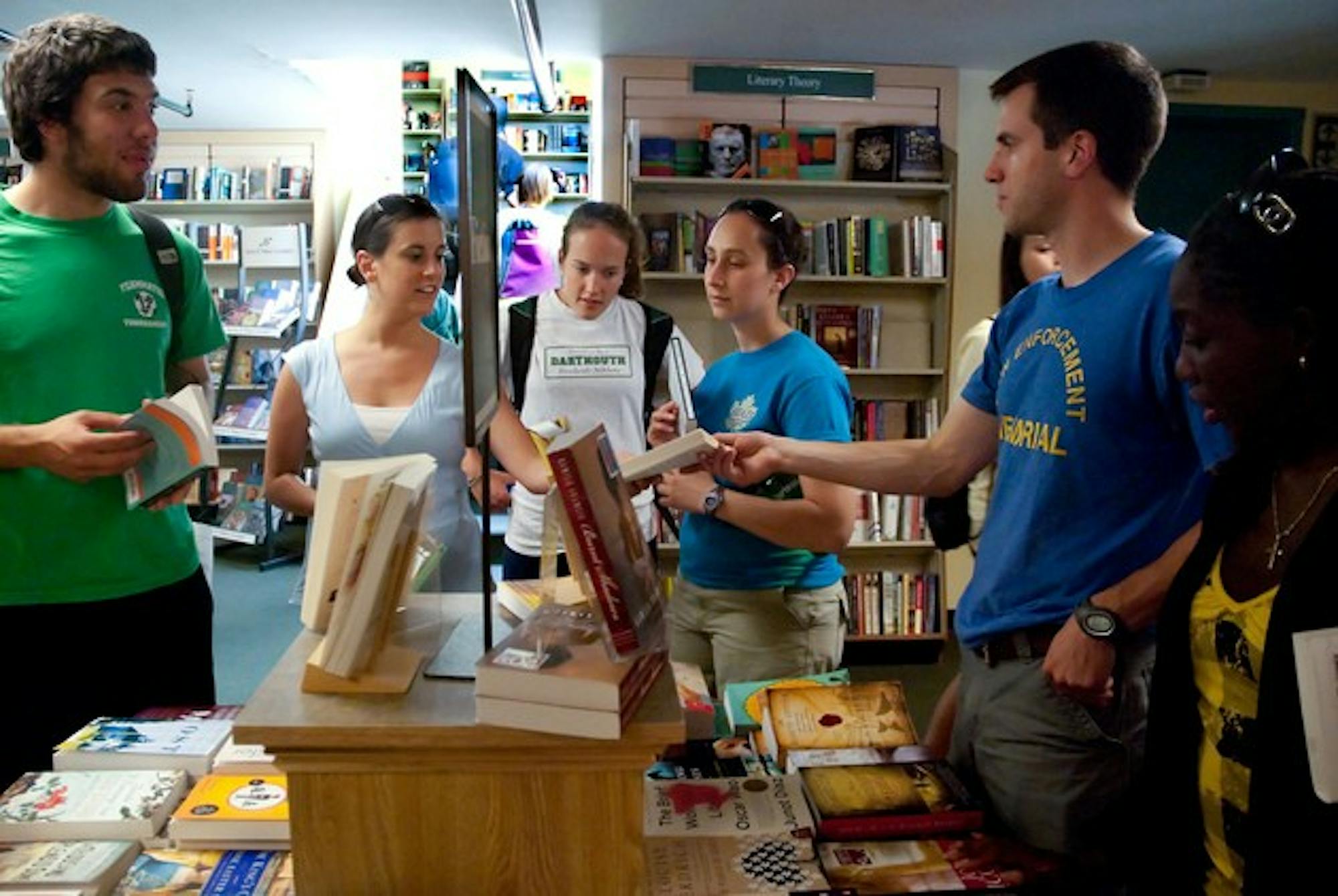SEAD participants are selected through a competitive application process based on academic promise and all of the students are eligible for the Federal Free-Lunch subsidy, according to the SEAD web site. This summer, 28 students are enrolled in the program, which runs from July 4 to July 28, according to Jay Davis, program director and professor of education.
SEAD is a three-year-long program, with students first attending the summer following their freshman year of high school. Over the course of three years, the students learn basic academic skills, do community service and prepare for college admissions.
Two major changes are being made to the program this year, according to Davis. The environmental science curriculum has been restructured to emphasize GPS mapping, which will better convey the relationship between a community and the environment, he said. A new Activity Crew and Skills Committee will also provide more roles for Dartmouth students in the program, Davis added.
"We do everything from organizing scavenger hunts to get familiar with the campus to night hikes to Pine Park," Elena Falloon '11, a member of the crew, said. "Basically, our goal is to facilitate bonding and get to know the kids in a less academic setting."
Since the program started, Davis said, it has expanded beyond the founders' expectations.
"SEAD has become deeply committed to ongoing, sustained work with our students," he said. "They now come to campus three summers and three reunion weekends during the winter, and they also have a Dartmouth student working with them in their own school for nine weeks every year."
While in Hanover, participants take classes taught by Dartmouth faculty and staff focusing on two academic areas: "Language Arts" and "Science, Math and Technology," the web site said. Other activities include building robots, camping in the White Mountains, spending time in local businesses on career visits and traveling to a Cornell University and University of New Hampshire marine laboratory 10 miles off the coast of Maine, Davis said.
What makes SEAD unique is the involvement of so many Dartmouth students and Hanover community members, Davis said.
"One critical component of SEAD's success is the inspiring willingness of so many members of the Dartmouth community to work with our high school students," he said.
Nearly one-third of Dartmouth students, most of whom are on campus for their sophomore summer, have volunteered with the program since 2003, according to Davis. Some are directly involved with the program as academic coaches, mentors and members of activities committees, while others host meals and provide entertainment, Davis said. Over 90 percent of Greek Letter Organizations and affinity houses have hosted meals and programming events for SEAD, he added.
"We want to expand [SEAD] students' conception of what is possible in their lives," he said. "And one of the best ways to do this is to surround them with successful role models who want to become integral parts of these lives."
Community members can also participate in SEAD, Davis said. The College officially partners with Hanover High School to host annual reunions for SEAD students, involving dozens of area families who host the students.
Approximately 81 percent of SEAD graduates have enrolled in college, a commendable success when compared with the averages from their high schools, Davis said.




